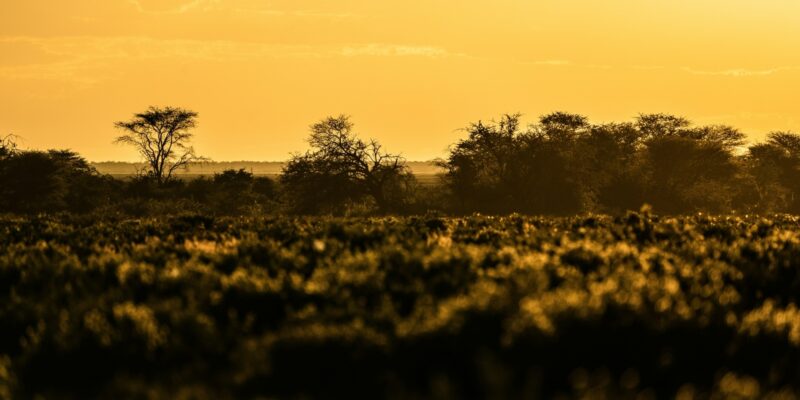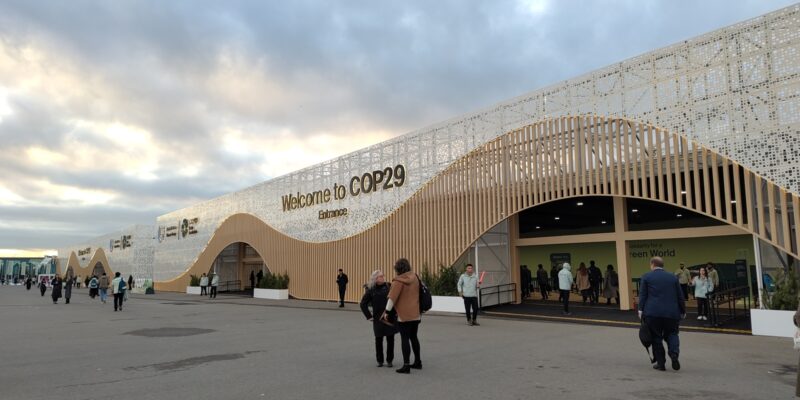Comment
Insights and expert analysis on climate issues.
Share


Two new papers published in Nature Climate Change today ask whether the recent global temperatures at or exceeding 1.5° warming above preindustrial mean the Paris Agreement’s 1.5°C limit has been reached or will soon be?

What did we just agree to? The COP29 outcome
Bill Hare, Rueanna Haynes, Manjeet Dhakal, Sasha Jattansingh, Uta Klönne
This COP is already being reflected on as one of the most difficult in the history of the negotiations. And the final text has not made it all worth it. So, what was agreed? And what does it mean for addressing the climate crisis and the work to come next year on the road to COP30 in Belém?

The IEA just published its 2024 World Energy Outlook: what does it say?
Bill Hare, Dr Neil Grant
Our experts pull out the key messages from the International Energy Agency's 2024 global update on the energy sector and its implications for the climate.

Delay tactics at IPCC-61 could put science inputs to the UNFCCC at risk
Uta Klönne, Dr Fahad Saeed
The latest Plenary of the Intergovernmental Panel on Climate Change (IPCC) has just concluded in Sofia, Bulgaria. Despite days of deliberation, delegates were not able to agree on delivering the next round of reports in time for the second global stocktake, despite a request to do so from governments in the first global stocktake outcome agreed in Dubai last year.

In 2024, mountains will feature strongly in a number of climate processes, such as the the expert dialogue on mountains at the climate talks in Bonn this June.

"The only GST that matters for 1.5°C": key takeaways from the first global stocktake at COP28
Dr Neil Grant, Bill Hare, Dr Carl-Friedrich Schleussner
We breakdown the key takeaways from the first global stocktake (GST) since the Paris Agreement and how it sets the stage for the next two years in climate.